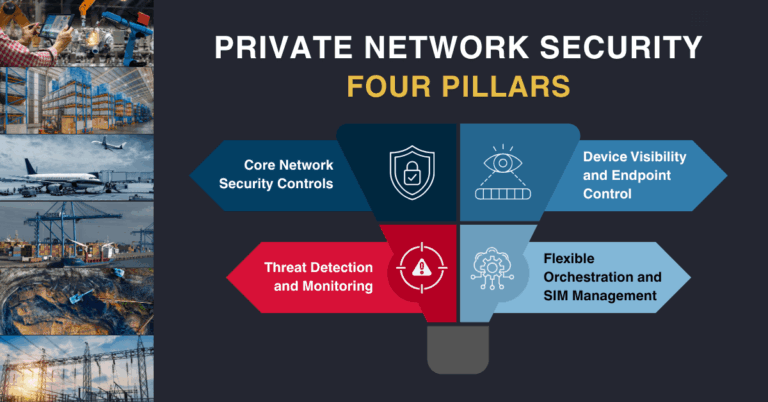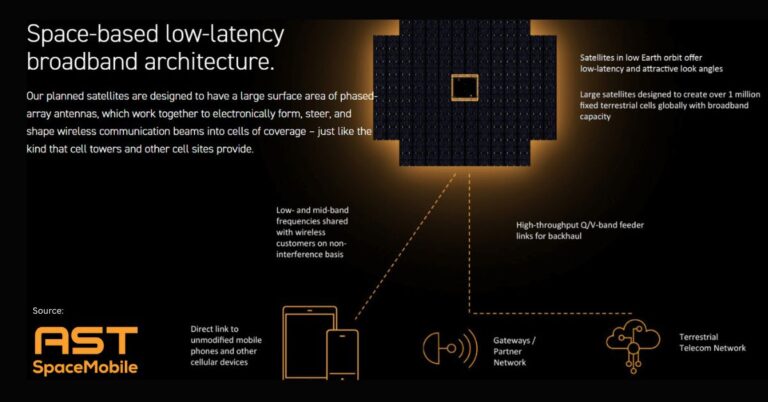Vodacom Business has implemented a dedicated Mobile Private Network (MPN) for Sasol at its massive synthetic fuel facility in Secunda, Mpumalanga. The deployment replaces traditional Wi-Fi with a more scalable, reliable, and secure connectivity solution that supports Sasol’s digitalisation journey and mission-critical operational requirements.
The Secunda site, employing approximately 3,000 workers, is a vital hub in South Africa’s energy and chemical sector. Vodacom’s MPN provides consistent, high-performance connectivity to employees, equipment, and systems across the entire facility.
Connectivity Challenges at Sasol’s Secunda Facility
Deploying Wi-Fi across Sasol’s vast production site presented several hurdles:
-
High Infrastructure Costs: Covering the expansive facility would require extensive hardware rollout.
-
Reliability Concerns: Wi-Fi struggles with consistent coverage in industrial environments with interference and high mobility.
-
Mission-Critical Demands: Sasol required ultra-low latency and high uptime for operational safety and compliance.
-
Data Security: Sensitive operational data needed to remain on-site, making public network reliance unsuitable.
To meet these needs, Sasol required a dedicated, secure network that could integrate with its existing systems and support future digital initiatives.
How Vodacom’s Mobile Private Network Powers Sasol Operations
Vodacom’s MPN integrates the company’s robust mobile infrastructure with Sasol’s operational systems to create a secure, high-performance network environment tailored for heavy industry.
Key Features:
-
Exclusive Access: The network is dedicated solely to Sasol, ensuring optimized performance and control.
-
Ultra-Low Latency & High Reliability: Designed for mission-critical applications such as safety systems and real-time monitoring.
-
On-Site Data Processing: Ensures operational data stays local, boosting security and enabling redundancy.
-
Scalability: Supports current operations and future digital initiatives like digital twins and autonomous operations.
Boosting Safety and Digital Maturity with MPN Connectivity
Victor Bester, Sasol’s Executive VP of Operations and Projects, stated: “This initiative accelerates our digitalisation journey through improved connectivity and control of the mobile network at our Secunda facility. It creates opportunities to grow our digital maturity and positively impact our operations.”
Peter Malebye, Managing Executive at Vodacom Business, emphasized: “Our MPN solution delivers dedicated, secure, and high-performance connectivity. It ensures continuity for mission-critical applications and enables innovations like remote operations and advanced asset management.”
Tailored Network Architecture for Industrial-Scale Operations
-
Vodacom Mobile Private Network: Tailored for industrial-scale facilities with secure, on-site infrastructure.
-
Integration with Sasol’s Systems: Supports real-time monitoring, compliance tracking, and asset management.
-
Support for IoT & Automation: Creates a foundation for digital twins and autonomous operations.
Key Benefits of MPN for Petrochemical and Energy Facilities
-
Operational Efficiency: Streamlined asset management and improved collaboration between teams.
-
Enhanced Safety: Real-time monitoring and control improve compliance and risk management.
-
Cost Savings: Eliminates the need for massive Wi-Fi infrastructure deployment.
-
Future-Proof Connectivity: Provides a platform for ongoing digital transformation initiatives.
-
Resilient Coverage: Delivers consistent connectivity in areas where public networks are unreliable or unavailable.
Why MPNs Are Transforming South Africa’s Industrial Connectivity
The project highlights the growing relevance of Mobile Private Networks in South Africa’s industrial sector. For large-scale energy and utilities facilities, MPNs offer a secure and scalable alternative to Wi-Fi, supporting digitalisation and automation strategies.
This deployment serves as a blueprint for other petrochemical plants, mines, and manufacturing facilities across Sub-Saharan Africa seeking reliable, on-site connectivity for mission-critical operations.
Vodacom Business: Delivering Mission-Critical Connectivity for Sasol
Vodacom Business provided the full MPN architecture, on-site deployment, and integration with Sasol’s operational technology. The company continues to support Sasol’s digital transformation roadmap through tailored connectivity solutions.
Sasol’s Collaboration in Securing Future-Ready Network Integration
Sasol contributed operational expertise and collaborated on integration with its existing safety and production systems to ensure the network aligned with critical process requirements.
Sasol Secunda MPN Deployment and Roadmap to Automation
-
June 2025: Vodacom Business deploys MPN at Sasol Secunda.
-
July 2025: Network operational and integrated into facility systems.
-
2026 Roadmap: Plans to expand MPN capabilities to support autonomous operations and advanced IoT use cases.
Leadership Insights on Digital Transformation at Secunda
“When all of this comes together, an organisation can ultimately bring in other innovations, such as digital twins or remote operations to improve planning.” – Peter Malebye, Vodacom Business.
“Our collaboration with Vodacom Business creates opportunities for us to do things differently and grow our digital maturity.” – Victor Bester, Sasol.








































